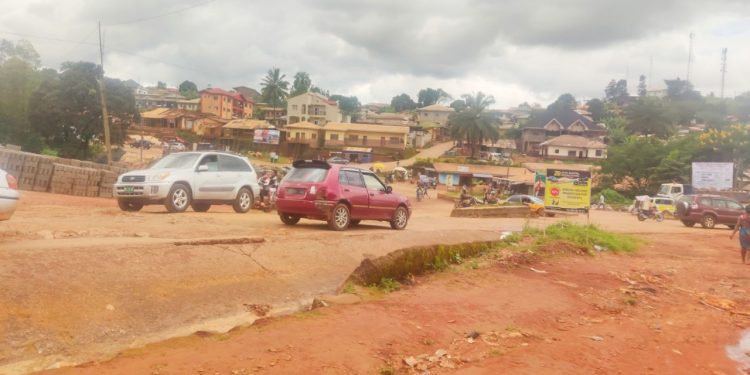Normal activities resumed in the two Anglophone regions of Cameroon on Saturday, September 20, after a two-week separatist-imposed lockdown, which had brought schools, businesses, and social activities to a standstill in many towns and villages.
The lockdown, which began on September 9, was effective on weekdays and activities only went on during weekends.
While some areas in the Anglophone regions, such as Nkambe, Limbe, Bangem, and Tiko, managed to maintain a semblance of normalcy during the lockdown, major towns like Bamenda, Buea, Kumba, Mamfe, and Kumbo were heavily impacted, with streets deserted and businesses shuttered.
In Buea, many residents left the city to wait out the lockdown in safer areas, while those who remained had to endure several days of inactivity.
Shops remained closed, and though a few taxis operated, drivers expressed fears for their safety. Drivers’ unions also raised alarm about heightened insecurity in the sector, with reports about separatist fighters having infiltrated some taxis during the lockdown.
Prior to the lockdown, separatists released video messages threatening civilians who would defy the order and attempt to continue their daily routines.
In response, security forces increased their presence, with police and military conducting mass arrests in Buea throughout the week.
However, on Saturday, September 21, Buea came back to life. The city’s streets were congested with traffic as commercial activities resumed for the first time since last Sunday.
The lockdown had been timed to coincide with the official start of the school year on Monday, September 9, resulting in the closure of schools and a halt to inter-city transport.
While some dormitory schools operated behind closed doors, the majority of schools in Buea and other affected towns remained closed.
This led to disappointment from local authorities, including Bernard Okalia Bilai, the Governor of the South West Region, who had assured parents that security was in place for school resumption.
On Friday, September 20, he expressed shock that the lockdown in the Anglophone regions
had hampered school resumption, and called on local elites to take steps to ensure that children return to the classroom in subsequent weeks.



